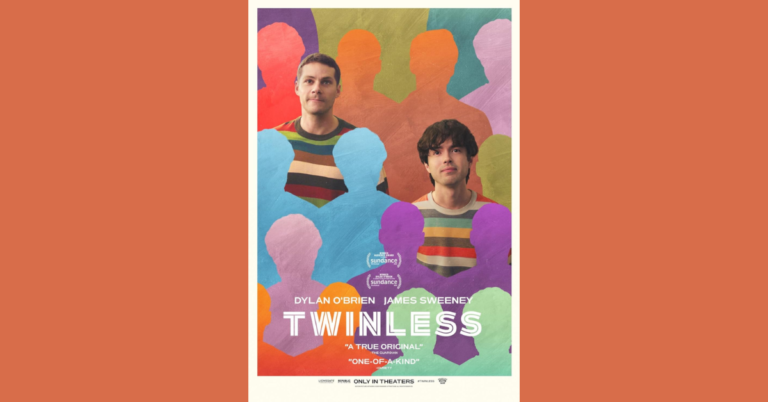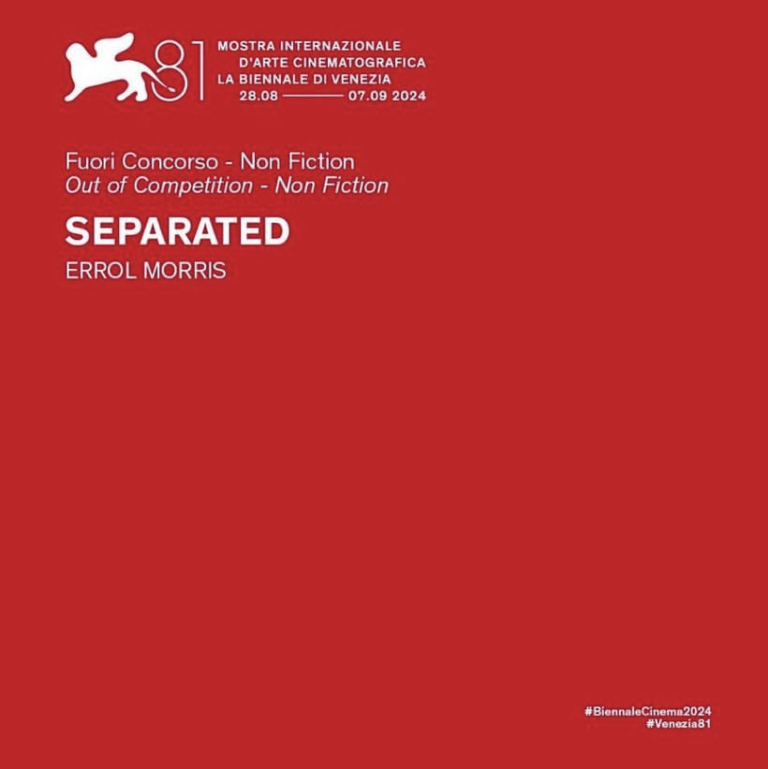All Shall Be Well Christian Review

Some films sneak up on you. All Shall Be Well is one of those. It’s not flashy. It’s not loud. But it lingers, quietly sinking into your thoughts. The story is deceptively simple—on the surface, it’s about family dynamics, class tensions, and homophobia. But underneath, it’s wrestling with something deeper: how we process injustice when life is already heavy enough with loss and disappointment.
Quiet Compassion vs. Silent Anger
Let’s talk about the heart of this film, which is its compassion. It’s there in every frame, in every character, in every unspoken glance. The director, Yeung, isn’t interested in painting villains. Instead, you get this sense that every person, no matter how flawed or blinded by privilege, is struggling in some way. That’s where the film connects, especially if you’re coming at it from a Christian perspective. The command to love others, especially those who seem least deserving, is at the core of Christian teaching. All Shall Be Well does that—without ever preaching it.
But here’s the rub: sometimes it feels too restrained. It’s almost as if Yeung is afraid to raise his voice when the moment demands it. There are times when you expect the film to dig in, to show some righteous anger in the face of blatant classism and homophobia, but instead, it pulls back. There’s a fine line between restraint and timidity, and All Shall Be Well tiptoes it carefully, maybe too carefully.
For Christians, this is an interesting tension. Anger, especially when it’s in response to injustice, has a place in faith. Jesus Himself got angry when He saw people exploiting the vulnerable. So while the film’s quiet compassion is admirable, there are moments when you just wish it would shout a little—when compassion needs a bit of fire behind it to demand change rather than simply suggest it.
The Absence That Haunts
Now, there’s Pat. The character who, though only on screen for a few scenes, seems to loom over everything. Her absence is this haunting, aching thing that you can’t shake. She’s gone, and yet you feel her in every room, in every conversation. The way her absence permeates the home she and Angie built together feels so real. It’s a kind of grief that many people can relate to—that sense that even when someone is gone, their presence lingers in the air, in the memories, in the spaces they left behind.
From a Christian standpoint, there’s a lot to unpack here. Loss and grief are central themes in the Bible, but so is the idea of hope beyond that loss. The film, though, doesn’t quite take you there. It stays rooted in the heaviness of Pat’s absence, never really offering that forward-looking hope. Instead, it’s more about learning to live with the pain, which is a valid narrative but one that might feel incomplete to someone looking for a deeper sense of redemption or healing.
Still, the portrayal of grief in this film is done with such delicate care that it resonates on a deeply emotional level. It’s the kind of grief that just sits with you, quietly, for days after watching.
Class and Wealth: A Subtle Punch
The film’s handling of class dynamics is where it really gets interesting. Yeung has a sharp eye for the unspoken rules of wealth and privilege. You see it in the way characters interact with one another, in the assumptions they make, in the things they don’t say but clearly think. Class is this invisible divider that separates people even when they’re family. It’s uncomfortable, and Yeung knows that. He leans into that discomfort, but again, he does it quietly.
For a Christian viewer, this is a theme that can’t be ignored. Jesus was constantly challenging the social structures of His time, calling out the wealthy for their exploitation of the poor and teaching that real value isn’t found in material wealth. The tension between those who have and those who have not is as old as time, and All Shall Be Well brings that to the forefront without being heavy-handed.
Yet, it’s that subtlety that may frustrate some viewers. The film doesn’t really push for change; it just shows you the imbalance and lets it sit there, unresolved. For some, that will be enough—a reflection of the reality we live in. But for others, especially those who are more action-oriented in their faith, it might feel like the film is pulling its punches when it could be delivering a knockout.
Homophobia as a Quiet Struggle
Homophobia runs through the veins of this film, but it’s handled in a way that doesn’t feel exploitative or melodramatic. Instead, it’s shown as this constant undercurrent, always present, always shaping the characters’ lives in ways both big and small. Angie and Pat’s relationship, while never the center of the story, is a lens through which much of this tension plays out.
In a way, this subtle handling of homophobia mirrors how it often manifests in real life—not as loud, violent confrontation, but as a constant, low-level hum of exclusion, judgment, and silence. Yeung doesn’t make this a story about homophobia, but it’s there, shaping the world these characters inhabit.
For a Christian audience, this aspect of the film will likely raise questions. The Christian response to issues of sexuality is complex and deeply personal, and this film doesn’t give you easy answers. Instead, it invites you to sit with the discomfort, to recognize the humanity of its characters even if their experiences don’t align with traditional Christian teachings. It’s a film that encourages empathy, even if it doesn’t demand agreement.
A Final Word: Beauty in the Quiet
In the end, All Shall Be Well is a film about life’s quiet struggles. It’s about the things we don’t say, the injustices we tolerate, the griefs we carry, and the relationships we navigate. It’s not a film that gives you easy answers or even clear resolutions. It’s more of a meditation on the complexities of the human experience.
For Christians, there’s a lot to appreciate here—the themes of compassion, grief, and the quiet wrestling with injustice. But there’s also a sense of frustration, a feeling that the film is holding back when it could be doing more. It’s a beautiful, thoughtful film, but one that may leave you wanting a bit more fire, a bit more urgency.
Rating: 7.5/10.
It’s subtle, it’s compassionate, it’s thoughtful—but sometimes, you just want it to speak a little louder.






